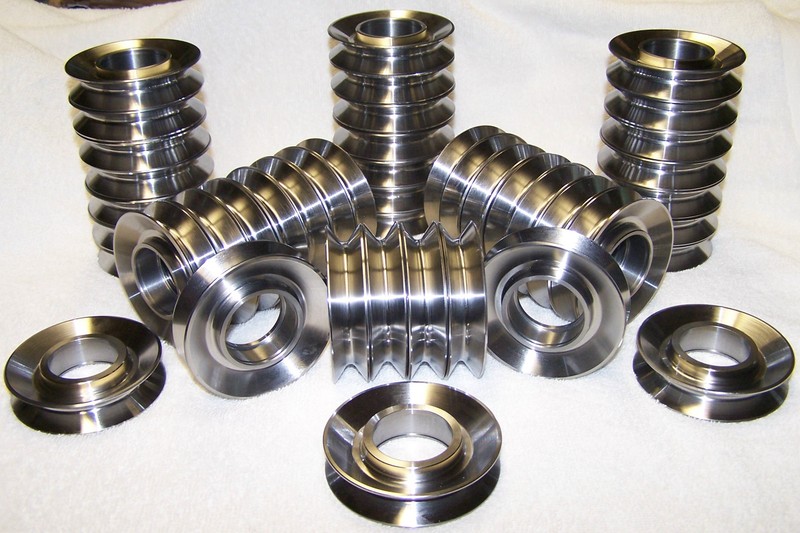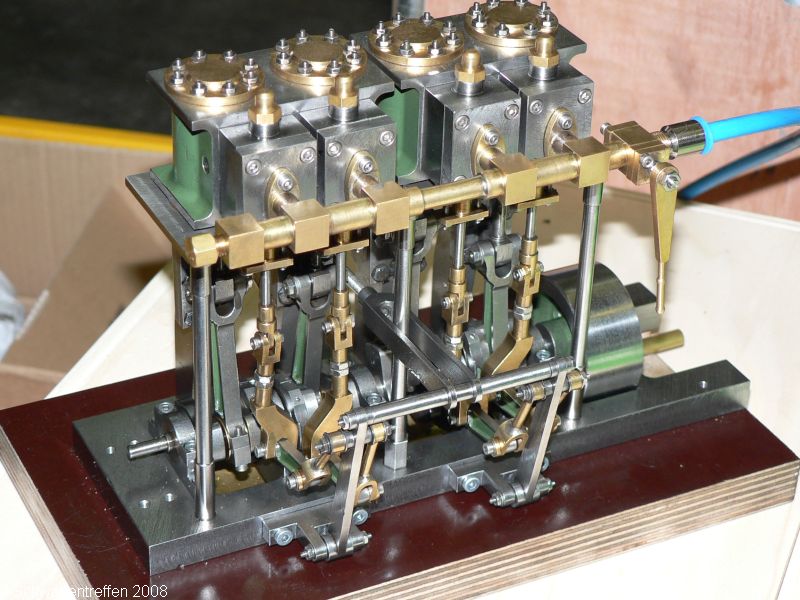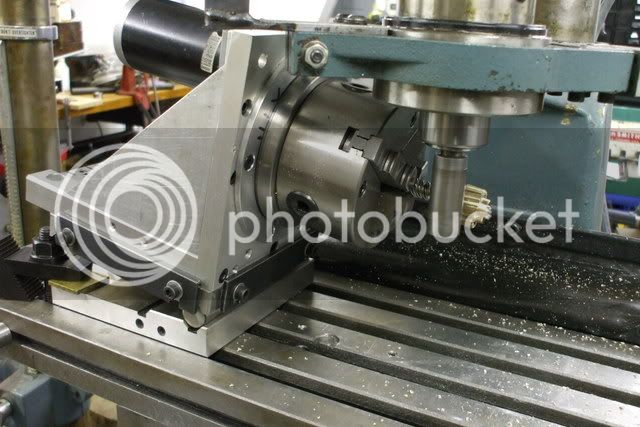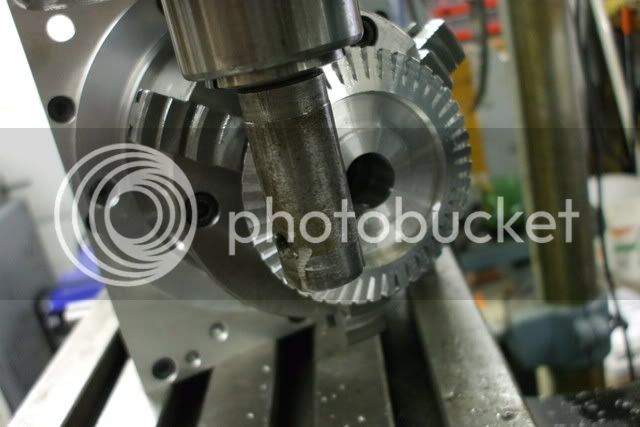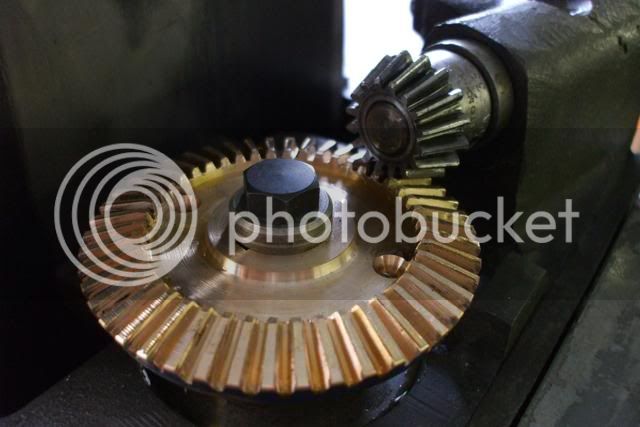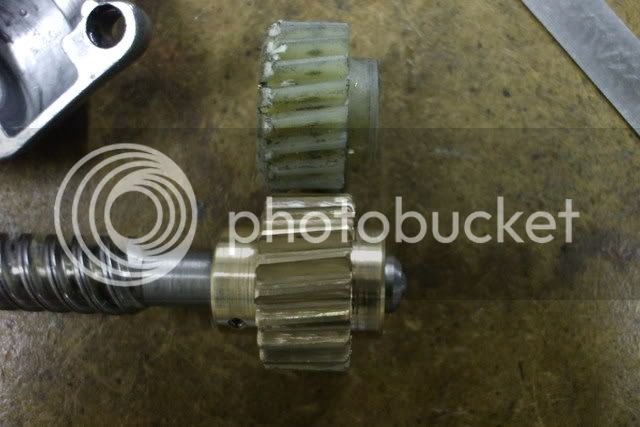First, I would not want to undertake CNC unless:
- I had a decent knowledge of manual machining. How to measure, what the cutting should sound like, how to judge if I'm going too fast and so on. You lose all "touch" with CNC and have to be able to rely on your experience more IMHO. As a home machinist, you cant just be the button presser on your CNC. You are the designer, the one who comes up with the fixtures, and all the rest. Solid manual machining experience is a good background for that. This is RonGinger's point.
- I was comfortable with computers being a lot bigger part of my shop experience. This is inescapable when you go to CNC. In particular, you will have to deal with CAD, perhaps some CAM, certainly the machine control (Mach3, for example), and possibly CAM software or g-code programming.
- I was comfortable poking and prodding my way through making the electricals work. There are a lot of electricals with CNC, and if you have a hard time changing a light bulb, you don't want to be dealing with the frustrations of a CNC system. This doesn't mean you need to be able to do component-level diagnosis of circuit boards, but you should be handy with a voltmeter and reading a circuit diagram. Like any machine, the CNC will break sooner or later and you'll have to fix it.
Second, I don't buy the instructor's notion that CNC doesn't "break even" until you need to make several copies of a part. There are a lot of advantages of CNC that are apparent very quickly if you have even a little bit of proficiency:
- It requires less tooling. By the time you pay for a nice DRO and power feeds on all three axes you can just about pay for CNC. Not quite, but close. Add up all the other tooling you may have that is no longer required for CNC and CNC will be cheaper. But, you'd need to pay that bill up front, so it may not matter. Also, to take full advantage, you may need to buy a CAM program so you don't have to g-code it all by hand. That gets REALLY expensive and will eliminate most of the cost savings if not all.
- You can do things that just aren't possible or would be very hard with manual machining. Complex flowing curves and engraving are two examples. We have ball turners for lathes, but profiling such shapes and much more complex ones is trivial with CNC. Also, there are operations that a really talented manual machinist can do that I can't do manually, but can easily do with CNC. There is less of a burden on you, the machinist, to develop that fine art, but you will be called on to develop other fine arts.
- CNC can be faster. The CNC can whip out operations a lot faster than I can, at any rate. A big part of my impetus is this productivity. I simply can't build everything I want to build in my shop fast enough eith the hours available to me. If I invest some of those hours up front in a CNC conversion, I can get more projects done later. The complexity and speed issues are well addressed with shred's "personal effort/reward" idea, which I like a lot.
- Surface finish and precision can go way up with CNC. Did you experience an immediate improvement in surface finish when you got a power feed for your mill? I did. Can you hand feed on your lathe and get as good a finish as with the power feed? It's really hard for me, and the results are not always reliable. Now imagine if you could dial in the perfect speeds and feeds for every operation via CNC. In fact, through features like CSS, the machine will even vary the lathe spindle speed as you move towards the axis to ensure that perfect cutting speed.
Lets end this by considering some photos. Here is a set of CNCd pulleys hot of the machine:
Note the surface finish: it's right off the machine with no further polish or other work. How easily can you get that manually? Sure, some part of it is the radically better rigidity of the machine used, but some part is also the perfect feeds and speeds concept I mentioned.
Now consider a more typical HSM project, an upright marine style multiple expansion steam engine. This one was done in a home shop with CNC by jimmibondi (Frank) that won the HMEM November Engine of the Month:
I will venture to say that it wouldn't take me three copies of it for this masterpiece to get done a lot faster and better with CNC than manual machining. Not that you couldn't do it manually (not sure I'd have the patience), and not that it didn't require incredible craftsmanship to do with CNC, but it would just take a lot longer manually.
With all that said, manual machining is tremendous fun and CNC is not for everyone. It's a hobby, do what you like!





